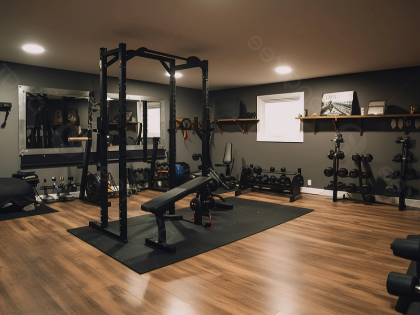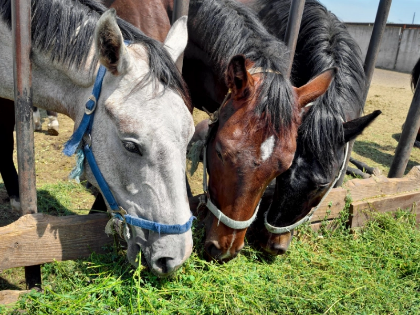Optimising the Nutrition of Your Horse
Because they are grazers, horses' digestive systems are made to let tiny amounts of food pass through constantly during the day. Feeding your horse at the same time every day may actually stimulate them to produce more stomach acid in preparation for a meal, which can cause ulcers. To guarantee a balanced diet, it is best to feed several small meals throughout the day and to keep a careful eye on body weight and condition.
Feeding Schedules
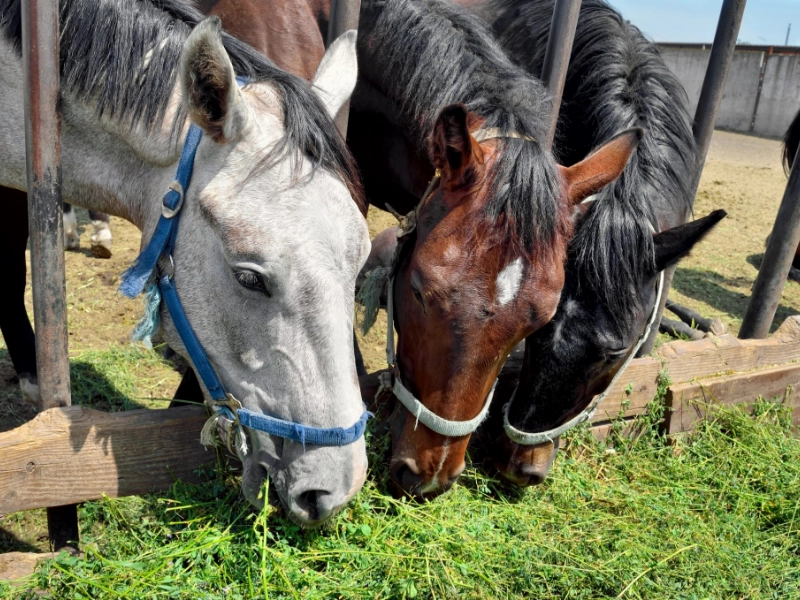
Addendum
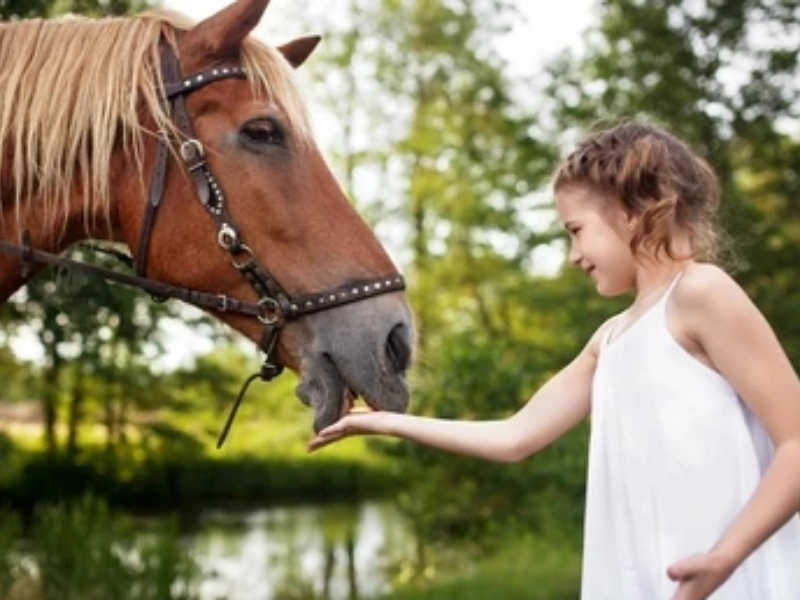 The foundation performance diet should ideally consist of adequate protein to sustain internal organs and muscle mass, as well as adequate calories from fats and carbs to support a healthy body condition. The vitamins, minerals, and other nutrients that are either lacking from the base diet or inadequate to be created by it can then be provided by supplements.
For instance, pasture grazing frequently fails to provide horses with an adequate amount of protein, particularly in the winter. As a result, pellets or concentrate should be used to provide them with more protein.
Overfeeding, which can result in colic, laminitis, and obesity, can be avoided by measuring feed by weight rather than volume (with scoops or hands). Additionally, it's crucial to refrain from making significant dietary modifications for horses, as this may cause gastrointestinal distress.
Feeding intervals that are different throughout the day might reduce harmful anticipatory behaviour, like pacing and stall kicking. It is simpler to accomplish this if the horse is given free-choice hay to eat whenever he pleases, preferably in a slow feeder that regulates quantities and cuts down on wastage.
The foundation performance diet should ideally consist of adequate protein to sustain internal organs and muscle mass, as well as adequate calories from fats and carbs to support a healthy body condition. The vitamins, minerals, and other nutrients that are either lacking from the base diet or inadequate to be created by it can then be provided by supplements.
For instance, pasture grazing frequently fails to provide horses with an adequate amount of protein, particularly in the winter. As a result, pellets or concentrate should be used to provide them with more protein.
Overfeeding, which can result in colic, laminitis, and obesity, can be avoided by measuring feed by weight rather than volume (with scoops or hands). Additionally, it's crucial to refrain from making significant dietary modifications for horses, as this may cause gastrointestinal distress.
Feeding intervals that are different throughout the day might reduce harmful anticipatory behaviour, like pacing and stall kicking. It is simpler to accomplish this if the horse is given free-choice hay to eat whenever he pleases, preferably in a slow feeder that regulates quantities and cuts down on wastage.
Control of Weight
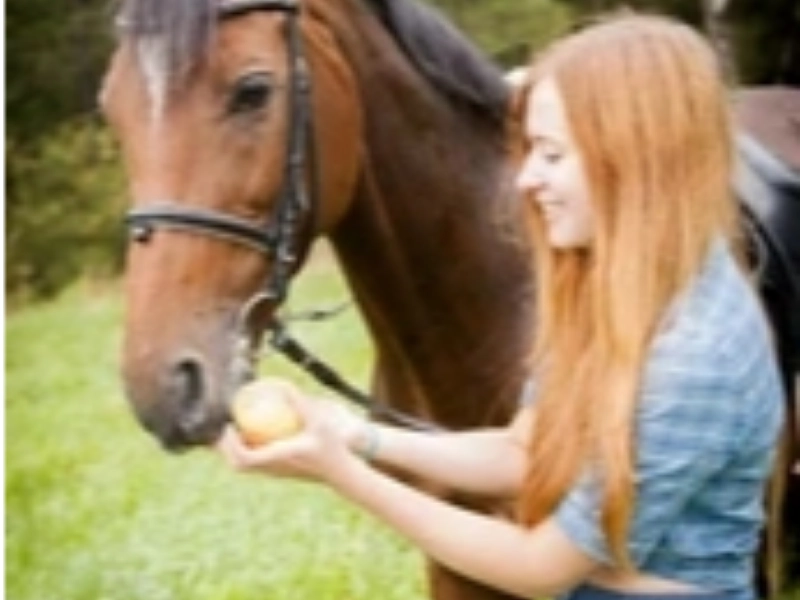 Increasing or decreasing the amount of food your horse eats may assist if he is overweight. However, exercise caution to limit his food intake to one meal and avoid adding more feedings. To make sure your horse is receiving the nutrients they require, it is essential to speak with a horse nutritionist.
The bulk of a horse's diet should ideally consist of free-choice hay, such as lucerne or grass. By filling up their digestive tract, this nutritional forage will impede the flow of heavier concentrated meals into their hindgut.
Should your equine need concentrate to fulfil his nutritional needs, it ought to be fed in multiple, spaced meals during the day. This keeps the digestive system from being overworked and gives the horse a pleasant, regular schedule. In order to maintain consistency in your horse's ration and avoid nutritional imbalances, it's crucial to weigh your horse instead of scooping or estimating how much feed to give them.
Increasing or decreasing the amount of food your horse eats may assist if he is overweight. However, exercise caution to limit his food intake to one meal and avoid adding more feedings. To make sure your horse is receiving the nutrients they require, it is essential to speak with a horse nutritionist.
The bulk of a horse's diet should ideally consist of free-choice hay, such as lucerne or grass. By filling up their digestive tract, this nutritional forage will impede the flow of heavier concentrated meals into their hindgut.
Should your equine need concentrate to fulfil his nutritional needs, it ought to be fed in multiple, spaced meals during the day. This keeps the digestive system from being overworked and gives the horse a pleasant, regular schedule. In order to maintain consistency in your horse's ration and avoid nutritional imbalances, it's crucial to weigh your horse instead of scooping or estimating how much feed to give them.
Prevention of Diseases
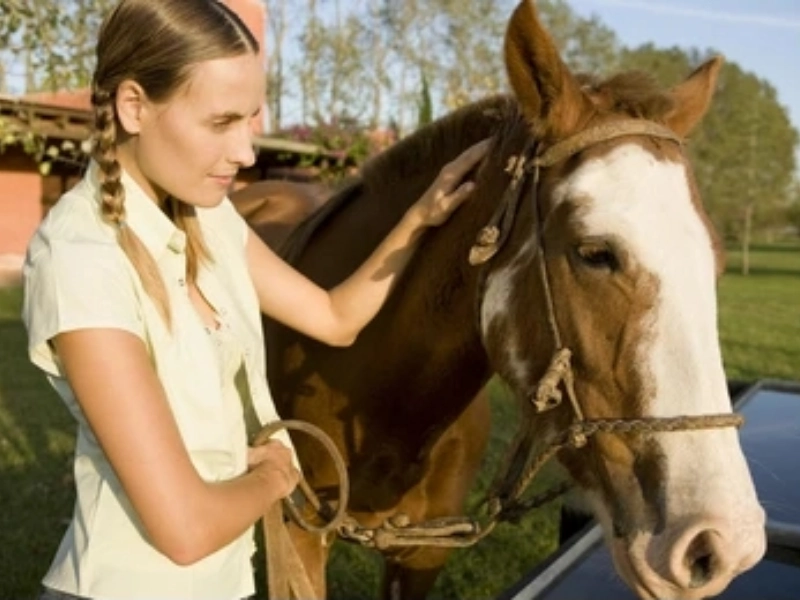 Make sure your horse always has access to hay by utilising hay netting and slow feeders. Because of this, they will be able to consume little amounts of forage throughout the day, just as they would have in the wild. This reduces the amount of time they go without eating, which can cause digestive problems including laminitis and colic.
When feeding in a group, be aware of the pecking order so that a dominant horse doesn't take most of the feed and leave a subordinate horse with very little. A horse may become malnourished if their nutrition is abruptly changed; therefore, proceed with caution when making dietary modifications. Make sure to adjust their ration size gradually, ideally over a few weeks, if you are changing it.
Try to feed your horses at the same times every day, if at all possible, so that they get used to the schedule and know what to expect. A regular routine can lessen gastrointestinal issues, boredom, and stereotyped actions like kicking and cribbing.
Make sure your horse always has access to hay by utilising hay netting and slow feeders. Because of this, they will be able to consume little amounts of forage throughout the day, just as they would have in the wild. This reduces the amount of time they go without eating, which can cause digestive problems including laminitis and colic.
When feeding in a group, be aware of the pecking order so that a dominant horse doesn't take most of the feed and leave a subordinate horse with very little. A horse may become malnourished if their nutrition is abruptly changed; therefore, proceed with caution when making dietary modifications. Make sure to adjust their ration size gradually, ideally over a few weeks, if you are changing it.
Try to feed your horses at the same times every day, if at all possible, so that they get used to the schedule and know what to expect. A regular routine can lessen gastrointestinal issues, boredom, and stereotyped actions like kicking and cribbing.
